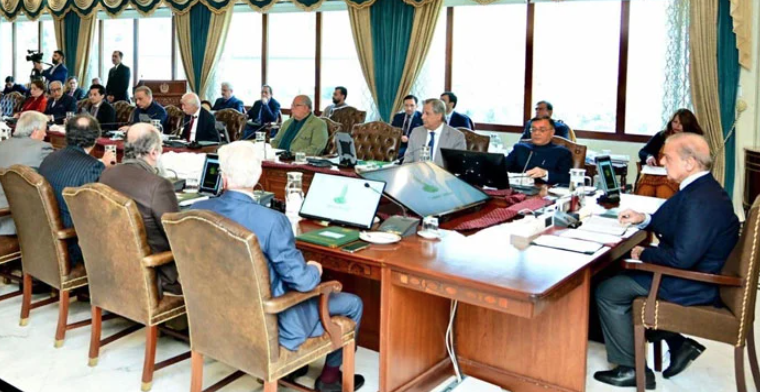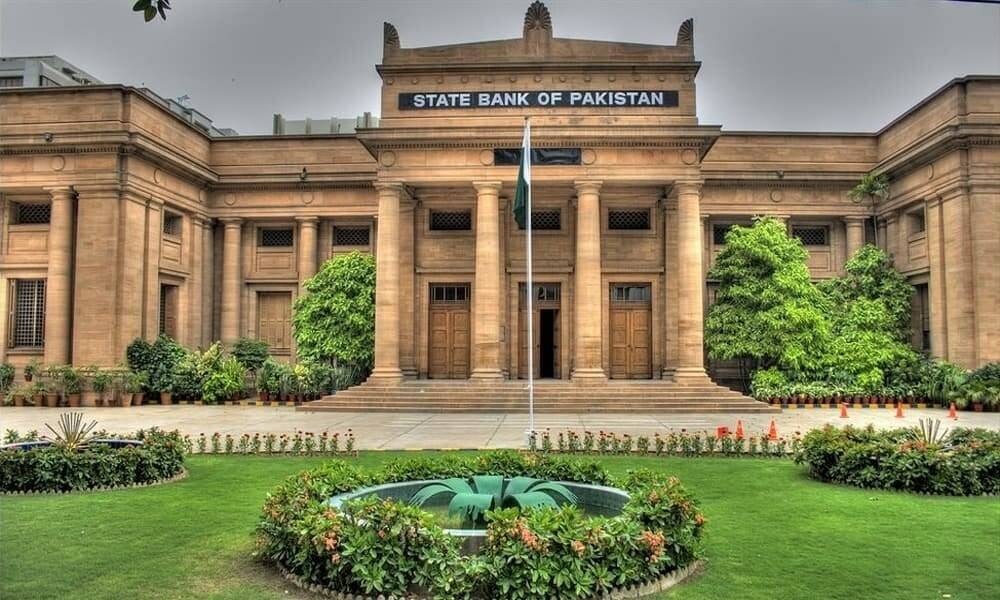TRADE & ECONOMY

The federal cabinet has turned down a recommendation from the Ministry of Finance to issue four ordinances aimed at addressing a projected tax revenue shortfall of Rs 600 billion. The measures will now require parliamentary approval instead of being enforced through ordinances.
Sources privy to the cabinet meeting held yesterday disclosed that the rejected ordinances included amendments to key tax laws, including the Sales Tax, Income Tax, Federal Excise, and Islamabad Capital Territory (ICT) Acts. The Ministry of Finance had proposed the ordinances as a swift measure to increase tax collection, but cabinet members opposed bypassing parliamentary debate and scrutiny.
Proposed Tax Measures
The rejected ordinances included provisions aimed at curbing tax evasion and expanding the tax base. Key recommendations were:
- Banning non-filers from purchasing land, vehicles, and other high-value assets.
- Amending tax laws to address loopholes allowing non-filers to temporarily file returns for property transactions and then evade taxes afterward.
- Enforcing a nationwide ban on the sale of goods without tax stamps, with proposed penalties for violators, including the seizure of goods.
Sources indicated that the measures were designed to combat growing tax evasion, which has become a significant hurdle for meeting revenue targets.
Cabinet’s Concerns
Cabinet members reportedly expressed reservations over issuing ordinances for such critical reforms, emphasizing the need for parliamentary oversight to ensure transparency and broader consensus. Consequently, the cabinet instructed the Federal Board of Revenue (FBR) to draft a bill incorporating the proposed tax measures and present it to parliament for approval.
The cabinet also directed FBR officers to engage with provincial governments to ensure effective implementation of tax reforms and address concerns regarding enforcement.
Impact of Delayed Reforms
The rejection comes amidst growing concerns over Pakistan’s economic stability. A Rs 600 billion revenue shortfall could severely impact fiscal targets set under international commitments, including those tied to loans from the International Monetary Fund (IMF).
Critics argue that delaying urgent reforms risks derailing efforts to stabilize the economy, while proponents of the cabinet’s decision stress the importance of democratic accountability and avoiding unilateral actions through ordinances.
Way Forward
With the cabinet’s decision, all proposed tax reforms will now be subject to parliamentary approval. It remains to be seen whether the government can secure sufficient political support to pass the measures in time to address the anticipated revenue gap.




